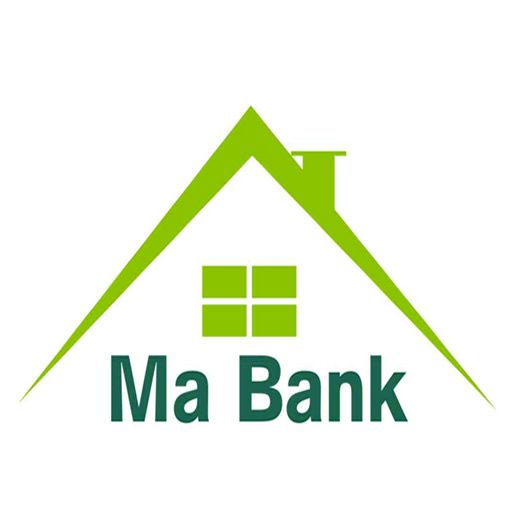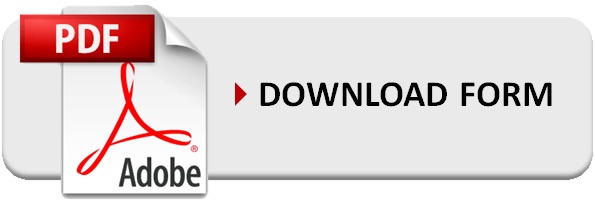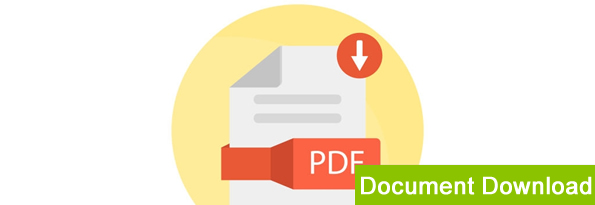You may be eligible for getting a mortgage if you are formally employed, on a full time and permanent basis. You are also required to have saved a sufficient deposit and not have any bad outstanding loans or history of such.
Most mortgage lenders will also check:
Your monthly income
Your monthly expenditure
Your existing debt profile
The value of the property you want financed
Investigate if a mortgage is something you can afford
Why can it be difficult to get a mortgage in Nigeria?
Lending money is all about risk and uncertainty. In Nigeria things are not as certain as they can be, so there are various factors which may make it difficult to obtain financing for a house.
Such as:
No prior experience of you holding a mortgage or managing other debts. Therefore a lender cannot predict how well you can keep up with your payments each month
A smaller deposit put aside for the initial mortgage deposit. This will likely limit the mortgage amount you can actually apply for and ultimately the types of houses you can buy
No significant equity in other hard assets. In other words no collateral for the loan you wish to obtain
The National Housing Fund (NHF) is a scheme established by the Federal Mortgage Bank of Nigeria (FMBN). The primary objective of this fund is for the provision of affordable residential homes for Nigerians.
Under this scheme public sector works and other employees in the organised private sector, contribute 2.5% of their basic monthly salary to the FMBN. The FMBN then administers this pot of money, using it to help finance homes for Nigerians who have contributed to the scheme.
The FMBN can contribute up to 90% of the cost of a potential house. These mortgage loans are offered at more favorable fixed interest rates (6%) and often for longer tenures of up to 30 years. A maximum of 15 million Naira can be borrowed.
In order to be eligible for the loan:
Registered NHF1 (employer) forms NHF2 (employee) forms
A minimum of 6 months of prior contributions
Apply through accredited primary mortgage banks in Nigeria
Provide sufficient evidence of monthly income
Save a deposit
You will need some sort of deposit to put down on any home you are looking to buy. The amount of money you need to put down varies. It can be as little as 5% to over 50%. This is dependent on the property owners and the financing institutions, so you would do well to ask around some of these mortgage banks to get an idea of requirements.
Look for house buying schemes
There are various schemes in Nigeria that can help you buy a home. For example, you have the National Housing Fund which aims to provide better financing solutions to contributors of the scheme (more on this in a section below).
Make sure you can afford a mortgage
Knowing that you can afford a mortgage loan is essential. Mortgages are not short term commitments. A mortgage is something that you will need to be committed to for a number of years ahead, so you need make sure you do your research properly in order to get the best results. Simply subtract your monthly expenses from your income to see how much you can pay towards a mortgage each month. Banks also have mortgage calculators on their websites.
Start looking at properties
After you have saved a deposit and looked at the various mortgage offerings from banks. You will then need to look for a home that can be financed through a mortgage. This links back to our introduction where it was said that mortgages are more readily available in Lagos and Abuja.
Abuja in particular is a planned developing city. This means two things. One, that land is properly documented and two that new homes are being built on a large scale. Most of these new build homes will have mortgages or payment plans in place.
Obtain a mortgage loan
Now that you have a deposit and know what you will be able to afford as monthly payments, it’s time to finalize a mortgage on a property. As outlined before, hopefully you would have already done some research on some primary mortgage institutions. You may even have had preliminary discussions with a few of these banks.
You now simply take it to the next step with formal talks leading on to the signing of papers and you getting the keys to your new home.
As briefly mentioned in prior sections, new construction homes can also be financed by developers. This is typically the case in Abuja, where there is an ever increasing stock of new build houses. Some of these property developers can help you with the cost of a mortgage by providing a contribution to your initial deposit.
Many of such developers also have direct relationships with primary mortgage institutions, where they have special payment plans in place to help prospective customers with the financing of their new build houses.
Mortgage banks in Nigeria
Mutual Alliance Saving & Loans is listed among the Central Bank of Nigeria (CBN) accredited primary mortgage banks. As well as disbursing NHF loans, as a primary mortgage banks we also provide financial advisory services. We also perform other related activities for customers.
Having a smaller initial deposit means that the mortgage you seek will need to cover a much high percentage of the property’s value.
As an example:
If a house cost 50 million Naira and you have a deposit of 10 million Naira. The mortgage would have to cover the remaining 40 million Naira. We then have a LTV (loan to value) of 80%.
The amount of mortgages available with high LTV in Nigeria are limited. Any such options available tend to have unattractive fees and interest rates. In order to avoid such, it’s better to save as much money as a deposit as possible, so that the actual LTV or mortgage you need can be kept to a minimum.
Mortgages allow you to pay for an house in installments. This financing solution is becoming readily available in Nigeria. There has been a push, both from private lenders and the government, for mortgage solutions as a panacea to the Nigerian housing shortage.
The National Housing Fund (NHF) is one of these governmental schemes aimed at alleviating the problem. As long as you are eligible, the NHF give good mortgage rates.
Mortgages are easily accessible in Nigeria’s bigger cities such as Lagos and Abuja. One of the reasons for this is the formal nature of mortgages. In order for banks to lend you money to buy a house, that house needs to be verified with proper documentation. Verification is often an afterthought outside Lagos and Abuja.
Buying a house with a mortgage in Nigeria
Getting on the Nigerian housing ladder is much simpler if you know where to go to obtain financing, in order to buy your first home (or multiple homes).
The process of getting a mortgage loan is quite easy in theory, but practically, can be difficult. Below, we will shed some light on how you go about the process of buying a house with a mortgage in Nigeria.





